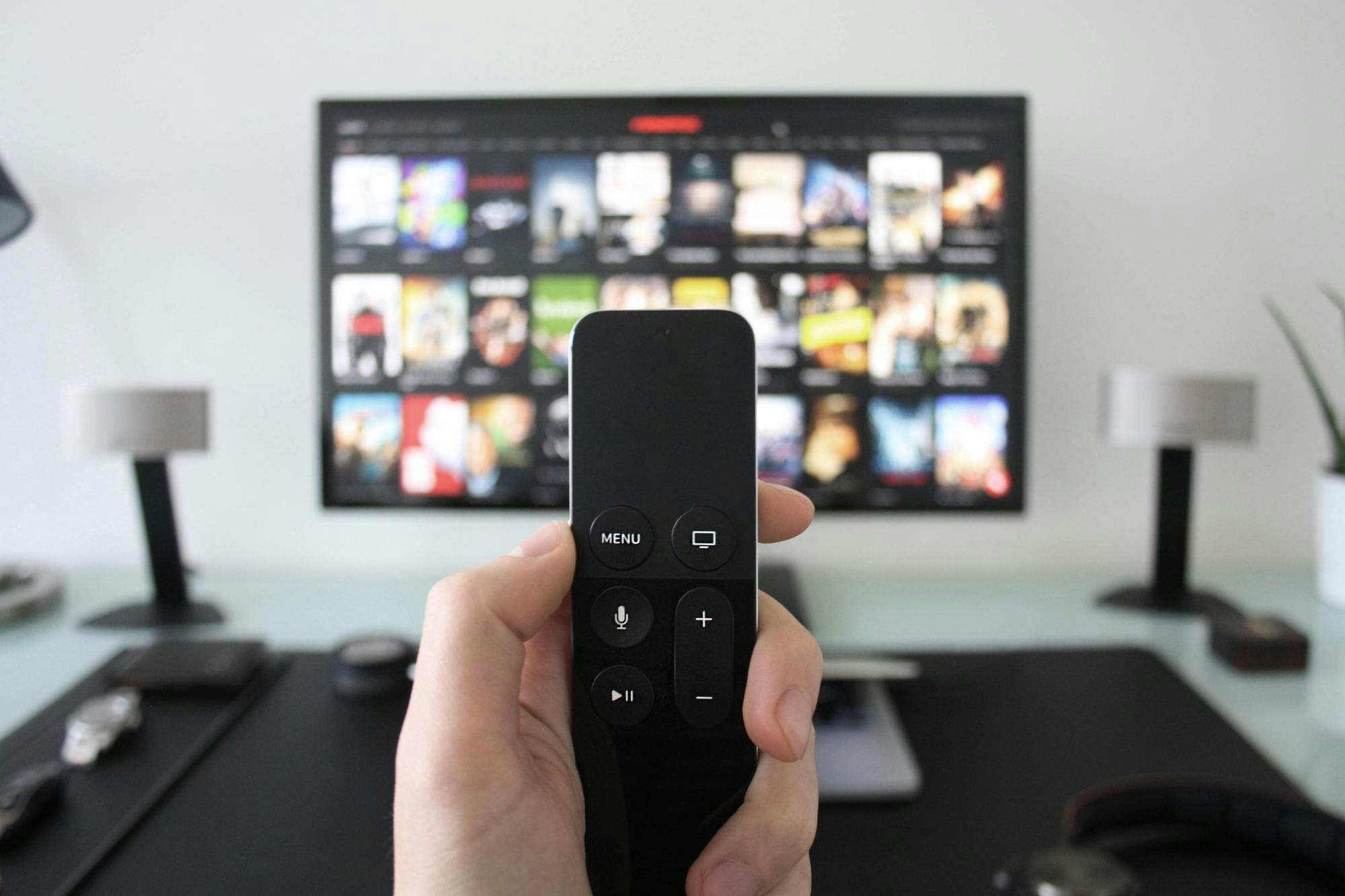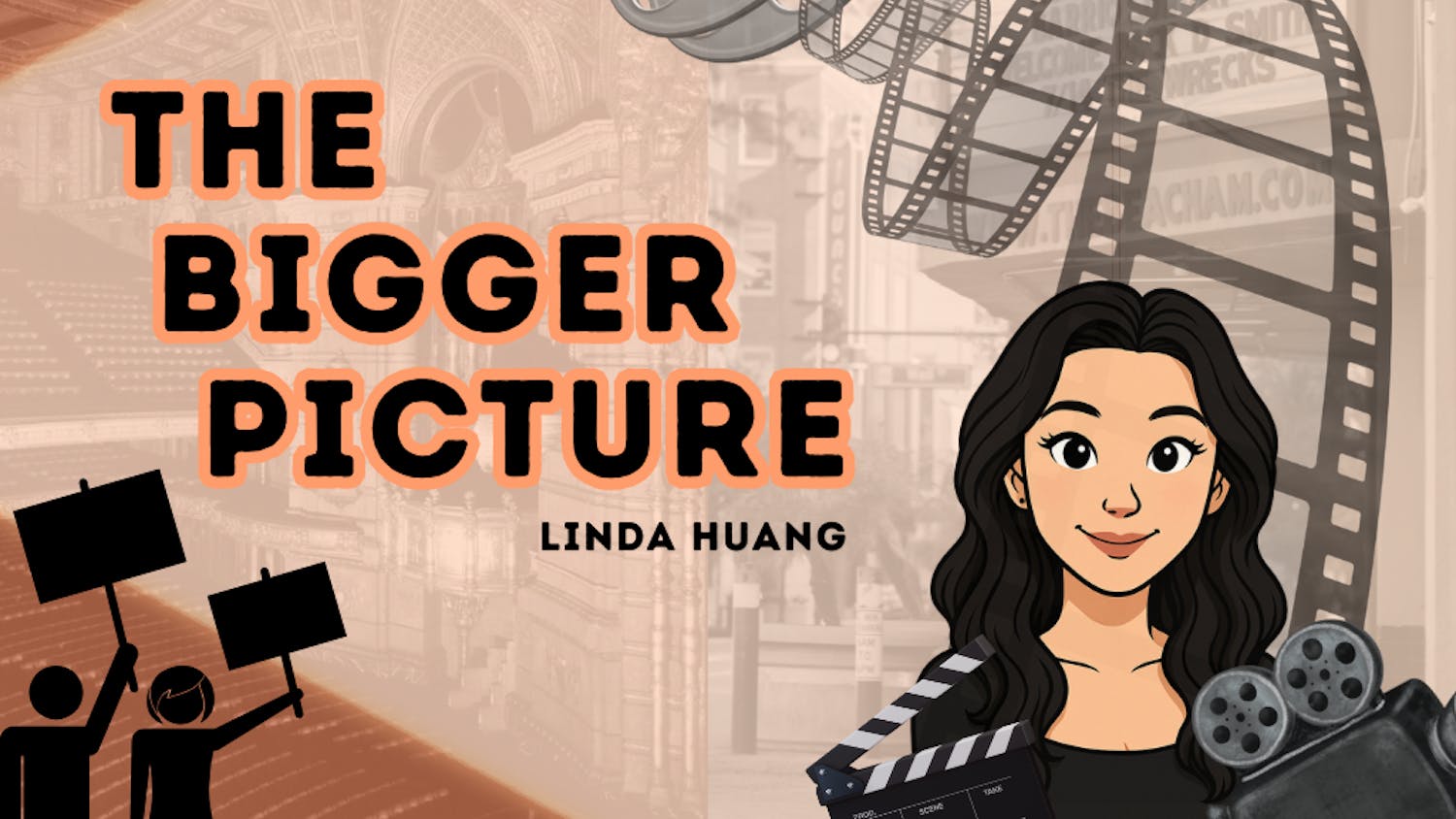Reality TV has long been critiqued for its false presentation of authenticity. The genre, which rose to popularity in the 90s, has raised several concerns in the eyes of the public. Some argue that the genre’s true purpose lies in deceiving viewers through misleading editing, coaching participants and concocting inauthentic storylines. Beyond this, however, others have raised a much more serious question: Is reality TV ethical? Some viewers believe that the genre seeks to humiliate and exploit its participants for the sole purpose of entertainment.
“People bully and harass and threaten lives, and so if you get a bad edit, which you have no control over, you could be facing death threats … the whole world could decide that they hate you,” Dr. Isabelle Morley, former Jumbo and psychologist, said in an interview with the Daily. Morley is one of the founding members of the Unscripted Cast Advocacy Network Foundation, a non-profit organization seeking to regulate the reality TV industry. She is critical of the genre’s current state. “There have been a shocking number of suicides from reality TV casts.”
She is not wrong; previous “Love Island” contestants Sophie Gradon and Mike Thalassitis died by suicide, forcing the show to reconsider how well contestants are being treated. It’s easy to comprehend that participants in shows such as “Love Island” or “Love Is Blind” are being exploited — but how? To many, these people seem to benefit from the fame and opportunities a hit show can provide — don’t people know what they are signing up for?
To Morley, much of the time, they don’t. Production is mainly culpable for this by heavily misleading cast members. Beyond that, however, she also believes that they refuse to defend their cast. “They aren’t the ones to stand up and say, ‘This is an edit. This didn’t actually happen,’ she said. “Love Is Blind” loves to maintain the fact that the show is an experiment more than it is entertainment. In the most recent reunion, the hosts berated cast members for coming onto the show for disingenuous reasons, such as for money or fame. However, production hardly seems to prioritize anything other than entertainment — why else would they allow participants to be attacked online due to getting a bad edit?
According to Morley, the non-disclosure agreement that contestants are forced to sign makes it incredibly difficult for them to report abuses when they occur. Most contestants are paid under minimum wage and are filming for almost 22 hours a day. Participants are given limited food and water — though there will always be plenty of alcohol for them. Most interesting to Morley, however, is this: While there are therapists on site for supposed ‘mental health support,’ they are not independent and have very little decision-making power.
She expanded on this, saying, “The bigger issue is the psychologists participating in this because knowingly or not, they are doing harm to people … the information they’re gathering, they don’t have control over how it’s being used.” She continued to explain how contestants for the show waive confidentiality of psychiatric evaluations conducted. This means such information could be sent directly to production, which can be used in whichever way they please. Morley believes that psychologists have an ethics code — if they are participating, they are inherently doing harm.
The UCAN Foundation, which seeks to mitigate this, offers support to cast members by offering them legal and mental health support. Alongside this, they advocate for a further regulated industry. Besides Morley, the two other founders of this foundation, Jeremy Hartwell and Nick Thompson, are actually former “Love Is Blind” contestants themselves. Hartwell, who recognized that something had to be done about the way participants are treated on these shows, decided to sue Netflix. Thompson, who was a large part of season two and was going through a public divorce at the time, felt the same way; this led to the launching of the foundation in 2023. Though the foundation is relatively new, Morley was optimistic about the future of reality TV. “[Hopefully] the industry decides to regulate itself and engage in ethical production of these shows.” She made sure to emphasize, however, that the UCAN Foundation is not against reality TV. “We’re absolutely for reality TV. We’re just for ethical production reality TV.”
Could Love Is Blind be ethically produced? The psychologist was hesitant. “I think it could be ethically produced. I think it might require some changes of who’s in charge of it.”
The show just finished releasing all episodes of its sixth season — will changes be made? Possibly. But with the amount of positive engagement it has received, it’s hard to feel sure. Morley seemed to agree: “I don't know how spoiled the well is.”






